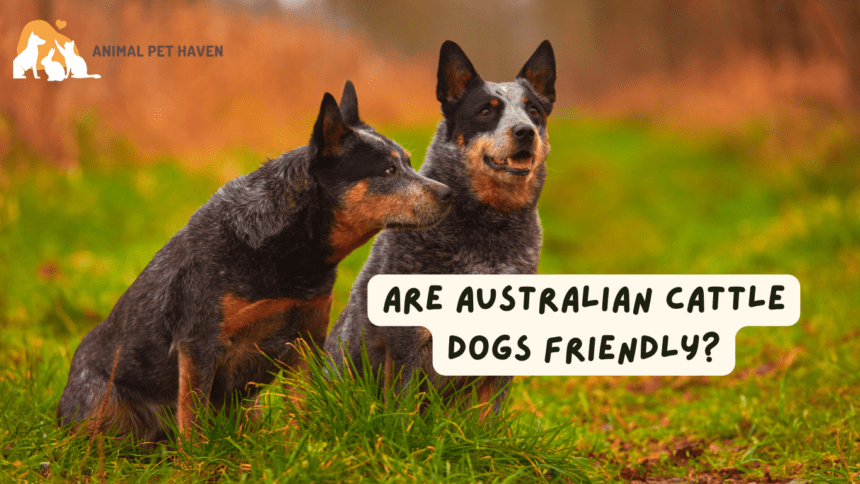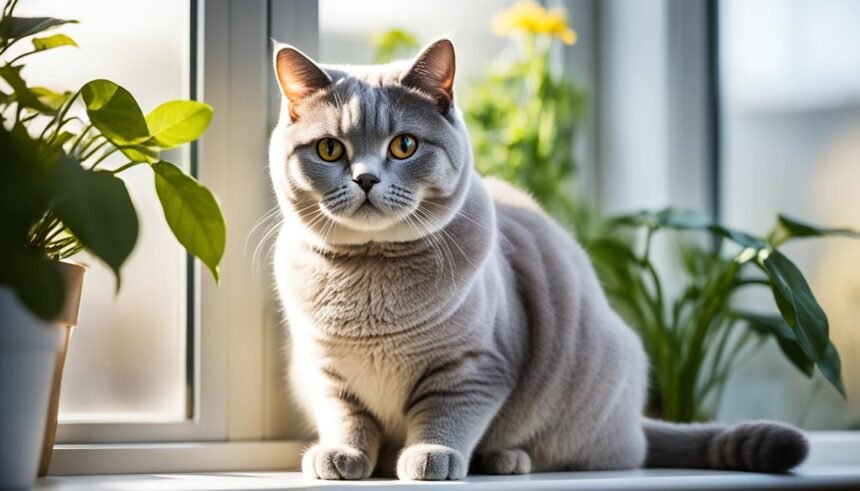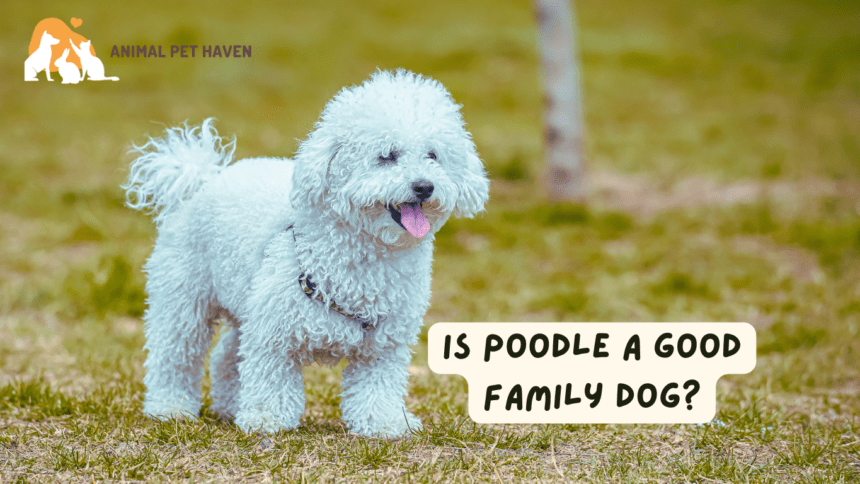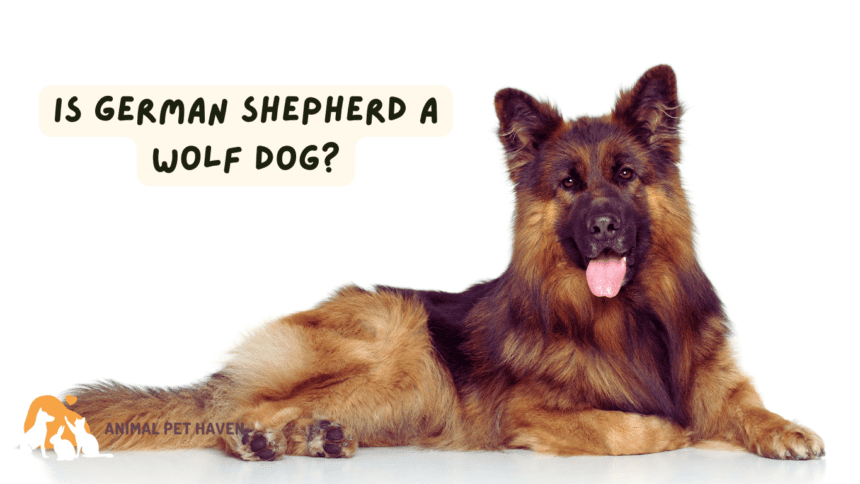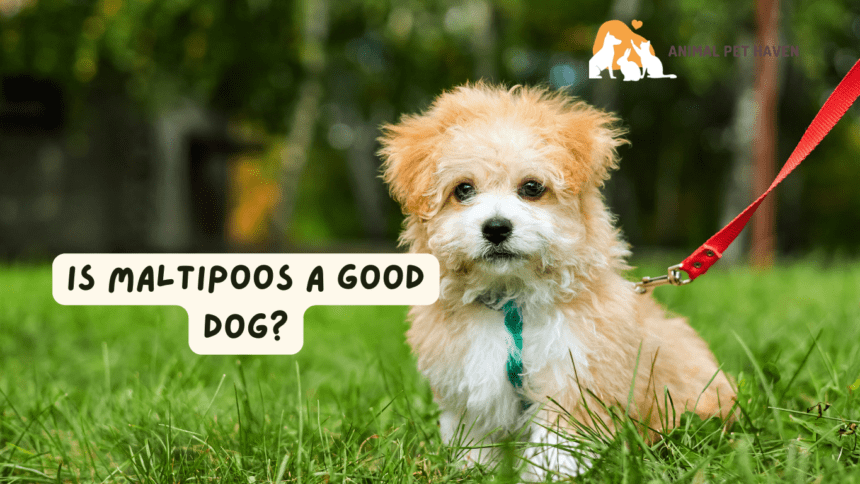Choosing a new pet means looking for one that’s easy to care for and offers companionship. Especially important for smaller living spaces. Pets that offer affection can truly turn a house into a home. Whether it’s a cuddly lap pet or one that needs little space, these small pets add joy and simplicity.
Understanding the Joy of Small Pets
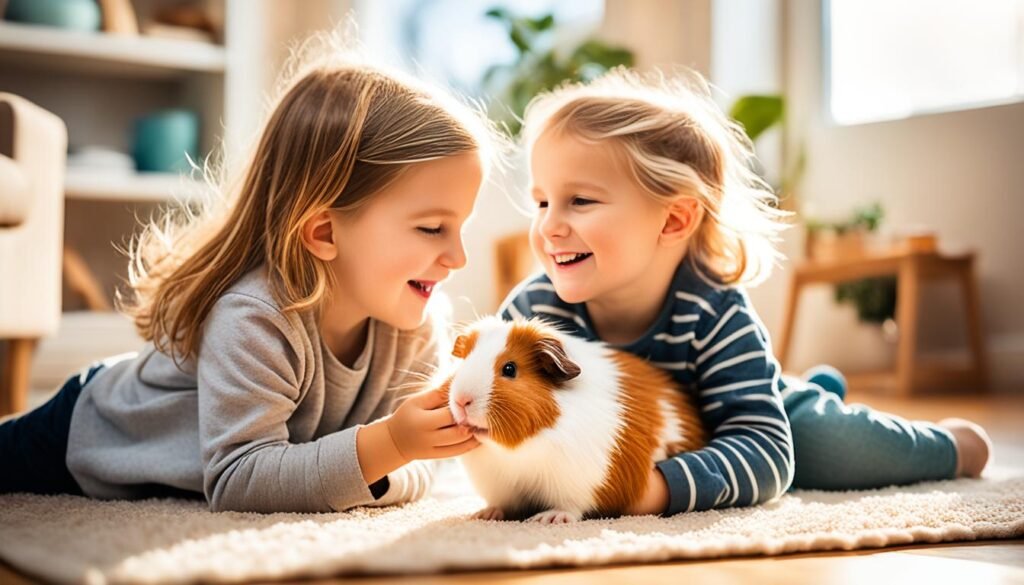
Small pets bring joy with their loving and fun ways. They also offer health and social benefits. An estimated 68% of U.S. homes have a pet. These animals are not just great for kids; they help with therapy and wellness too. They encourage us to make friends and enjoy the deep bond of companionship.
NIH-funded studies show pets can lower stress and blood pressure. Small pets are extra helpful for kids with special needs. Kids with autism can calm down by playing with guinea pigs. This helps them connect with others better. Therapy animals like dogs also lower stress in hospitals.
Research keeps showing us how pets make us healthier and happier. Pet owners are less depressed and have lower blood pressure. They also go to the doctor less. This shows the special bond between pets and their owners is good for health.
- Rabbits and chinchillas live up to 12 and 15 years, making them long-term friends for better wellbeing.
- Being around pets early can lower the chance of allergies and asthma in kids. These pets do more than entertain; they strengthen the immune system.
- Also, caring for small pets teaches responsibility and helps kids learn how to build relationships, a key skill as they grow.
Small pets are amazing friends because they connect deeply with humans. They have playful, loving traits that are as good as those of big pets. Many families use these pets to teach kids important life lessons. They help create a caring space where empathy and friendship grow.
Understanding this shows us why small pets are so loved. By welcoming them into our homes, we get a great friend and many health and learning benefits. Small pets make any home richer and happier.
Selecting the Right Small Pet for Your Lifestyle
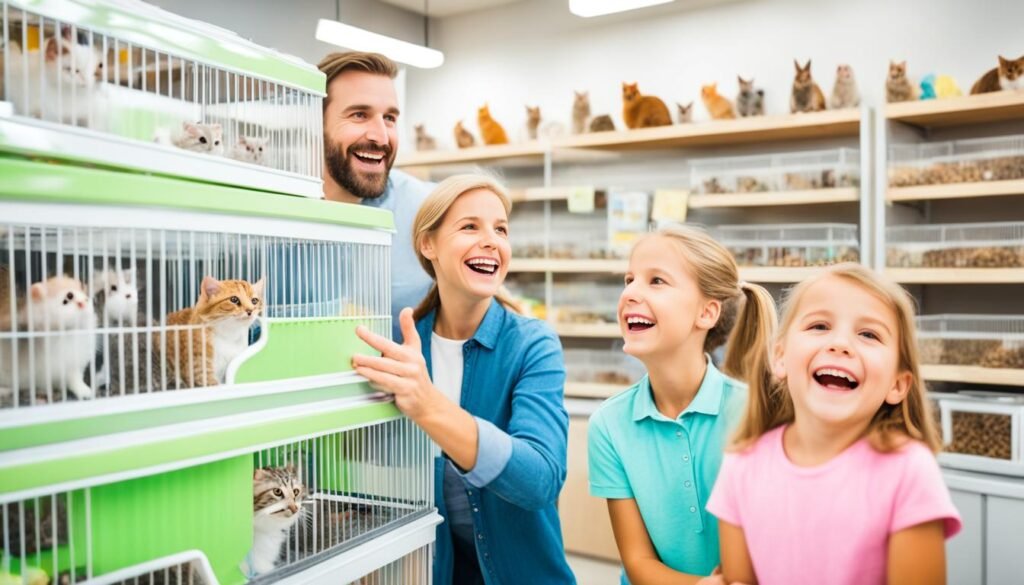
Finding the right small pet for your life is important. You need to think about your living space and the time you have for pet care. Some pets might fit better with your lifestyle, creating a great bond with your new friend.
Consideration of Space and Time
People living in small places should choose pets that are easy to care for. Pets like rabbits need a lot of space and live for about 10-12 years. This means you will be taking care of them for a long time. Chinchillas also live for about 15 years, so they need a long-term commitment too.
It’s key to pick a pet that suits your life now and in the future.
Assessing Pet Maintenance Needs
Feeding your pet the right food is very important. Guinea pigs, for example, need vitamin C in their diet to avoid getting sick. Ferrets eat mostly meat and need a special diet. Reptiles, being cold-blooded, need special care to keep their body temperature right.
Bird lovers might like to know some parrots can live for many years. Taking care of a long-lived bird means a big time commitment. Finches live for 5 to 15 years. The African grey parrot is very smart and needs special care too.
It’s important to think about vet care when choosing a pet. Ferrets need checkups twice a year. Each pet has its own personality. Cats are gentle, guinea pigs are friendly, and lovebirds form deep bonds. The right pet will fit well into your life.
Choosing the right small pet means thinking carefully about your lifestyle. This way, both you and your pet will be happy together, sharing love and companionship.
Best Small Pets for Engaging Activities
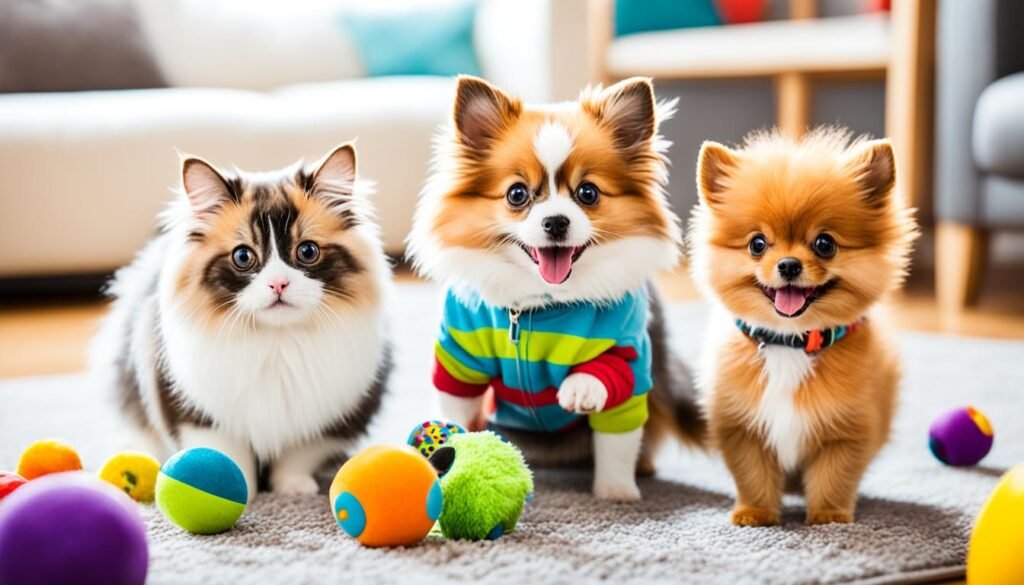
Many people find joy in small pets because they make everyday life more active. A stunning 67% of these pet owners say their activity levels go up. This is because playful pets encourage them to move more. Additionally, 80% of these folks play with their pets daily. This shows that pets are not just fun; they’re also great friends.
Playing with small pets is fun and can lower stress. About 72% of owners feel less stressed because of their pet. They spend around 30 minutes a day on these activities. This tells us that playful, easy-to-care-for pets make life better.
When picking a pet, think about how it likes to play and learn. Consider hamsters, guinea pigs, or ferrets—they each have different needs. This helps find the right pet for every owner. Below, you can see how different small pets match various lifestyles:
| Small Pet Type | Engagement Level | Average Life Span | Considerations |
|---|---|---|---|
| Hamsters | 45% | 2-3 years | Prefer solitary housing to avoid fights |
| Gerbils | 30% | 2-3 years | Social, active, best housed in pairs/groups |
| Ferrets | 25% | 5-7 years | Require more space, enjoy human interaction |
| Mice | Varies | 1-3 years | Females thrive in groups, males may fight |
| Rats | Highly Interactive | 2-4 years | Social, require larger cage and attention |
| Guinea Pigs | Highly Interactive | 5-7 years | Social nature, need same-sex pairs/groups, specific dietary requirements |
Some pet owners even join competitions, making their bond stronger. About 89% see their pets as true friends, especially when they feel alone. This shows the deep connection people have with their pets.
Knowing what owning a pet involves is key. This includes costs like food, housing, and vet visits. Small rodents need things to chew on and activities to keep their minds busy.
It’s important to choose a healthy pet. Look for signs of energy and avoid pets that seem sick. Starting with a healthy pet means more fun times ahead. Guinea pigs are a gentle choice, but they need special care like fresh hay and veggies.
Finding the perfect pet means looking at your own life too. It’s about getting a pet that fills your days with joy and fits your lifestyle. The goal is a happy relationship with lots of play and new experiences.
Tiny Companions: The Appeal of Rodent Pets
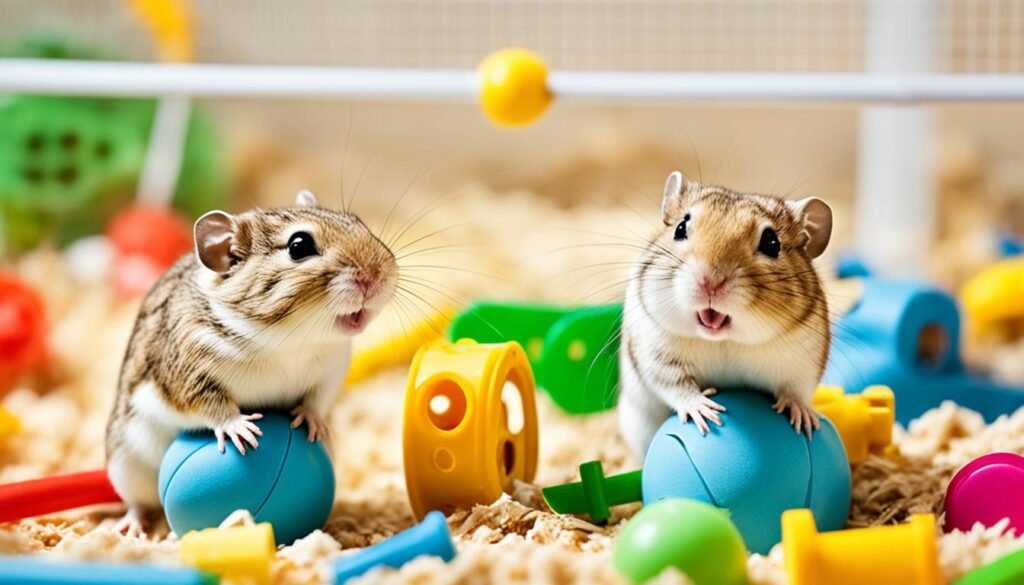
Rodent pets are loved for their small size and lively personalities. They include animals like gerbils and mice, each with special traits. Let’s explore the charming world of these playful and social animals.
Finding Joy in Gerbil Enclosures
Gerbils are small, smart rodents that love to play in their cages. They live in enclosures with tunnels and hiding spots. This keeps them busy all day. They also use exercise wheels, showing their high energy.
The Playful World of Hamsters
Hamsters are active at night and fun to watch. They look cute as they run on wheels and go through tunnels. Their playful actions win over the hearts of their human friends.
Guinea Pigs: Sociable and Vocal Pets
Guinea pigs love being with others and are very vocal. They need a special diet with vitamin C to stay healthy. This shows they need careful feeding to be happy pets.
Mice and Rats: Interactive and Smart
Mice and rats are known for being smart and friendly. They learn fast and get close to their owners. They enjoy living in places that keep their minds busy, showing they’re smart and playful.
Health and Longevity: Insights into Rodent Care
| Rodent Pet | Lifespan | Day/Night Cycle | Dietary Note | Social Preferences |
|---|---|---|---|---|
| Gerbils | 2-4 years | Diurnal | Exercise Enthusiast | Enjoy companions |
| Hamsters | 2-3 years | Nocturnal | Omnivorous | Solitary |
| Guinea Pigs | 4-8 years | Diurnal | Requires Vitamin C | Sociable, live in groups |
| Mice | 1-2 years | Mostly nocturnal | Grain and seeds | Sociable with mating pairs |
| Rats | 2-3 years | Nocturnal | Omnivorous, varied diet | Highly social |
Rodent pets are more than just fun. They need proper care, enjoy being with others, and have special diets. Understanding their needs helps us bond with them. As we learn more, taking care of these small pets brings joy to pet lovers.
The Surprising Benefits of Reptile Companions
Reptile companions are unique pets that offer a lot of advantages. They include lizards, turtles, and hermit crabs and are known for being easy to take care of. Bearded dragons are especially loved for their easy-going nature and simple care needs.
These cold-blooded animals are often underestimated. Yet, their owners value the simplicity and special experiences of having them.
Reptiles have specific needs, such as ultraviolet light and live insects. They might also require special habitats to stay healthy. Even with these requirements, reptiles are still easier to care for daily than many furry pets.
Reptiles are not just easy to maintain. They also teach children about nature and help reduce stress. It is crucial to choose reptile companions from trusted sources. This ensures they are well taken care of, promoting responsible pet ownership.
However, there are risks to consider with exotic pets like reptiles. The U.S. Centers for Disease Control and Prevention warns about the dangers of keeping reptiles in homes with young children or people with weak immune systems. This is because reptiles can carry diseases like salmonella. Also, reptiles and larger pets might not always get along, which could lead to injuries.
Prepared pet owners can enjoy the unique journey of keeping reptiles. This growing trend contributes to the conversation on animal welfare and responsible pet care. Reptiles offer endless joy and learning opportunities for their owners.
- Reptiles have particular care needs. This includes their environment, diet, and behavior.
- Buying reptiles from experts ensures they live a good life. It also lowers the risks linked to the exotic pet trade.
- Despite their care needs, reptiles make great companions. They offer friendship, teach responsibility, and make pet-keeping fun.
Create a Soothing Environment with Aquatic Pets
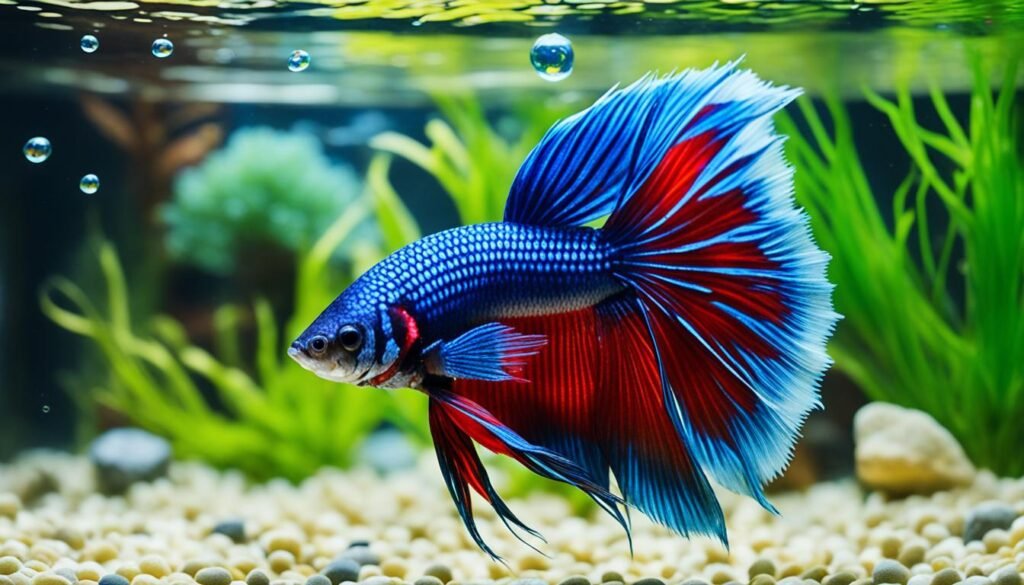
Aquatic pets provide more than beauty; they bring tranquility into our lives. About 68% of U.S. homes enjoy the benefits of pet ownership. Many choose aquatic animals like turtles and betta fish for peace. Their presence and the water’s flow create a calm atmosphere.
Tranquil Turtle Tanks
Tranquil turtle tanks can be a peaceful escape. Watching turtles move slowly is like meditation, promoting a calm, water-inspired life. To keep turtles happy, their tanks need clean water and enough room.
This harmonious living with turtles may reduce stress and improve health. Research with the Mars Corporation’s WALTHAM Centre shows owning turtles can lower cortisol and blood pressure.
Beautiful Betta Fish: A Splash of Color
Betta fish bring vibrant colors to your home. They offer engaging beauty that captivates and relaxes you. With their elegant fins and bright colors, bettas are like moving art and friends. They are easy to care for, ideal for adding natural beauty without much effort.
Betta fish can lift your spirits and make you feel supported. Studies show interacting with them enhances mood and increases social support.
Enjoying the grace of turtles or the calm of betta fish adds serenity to your home. Caring for these pets teaches responsibility and mindfulness. Handling fish care can even help teens manage chronic health issues. Let these beautiful animals make your home a peaceful retreat.
Caring for Your Small Pet: Health and Nutrition
The small pet care journey starts with close attention to health and nutrition. It’s crucial to not just feed them but to know what their diet should consist of. This includes understanding their specific nutritional needs and how it affects their well-being. Knowing about common health concerns helps pet owners create better care routines. This boosts the overall animal welfare.
Understanding Your Pet’s Dietary Requirements
Each type of small pet has its own unique dietary needs. This means they have different feeding habits and nutritional requirements. For example, chinchillas need a lot of fiber and should always have fresh hay available. Hamsters, on the other hand, need less fresh fruits and vegetables because of the sugar. Knowing these differences is vital for your pet’s health and nutrition.
| Pet Type | Lifespan | Dietary Need | Feeding Frequency |
|---|---|---|---|
| Rabbits | 7-10 years | High-fiber hay, vegetables | Constant access to hay |
| Hamsters | 2.5-3 years | Pellets, controlled fresh produce | Twice daily |
| Guinea Pigs | 5-7 years | Hay, fresh grass, vitamin C-rich pellets | Access to hay and grass daily |
| Gerbils | Variable | Nutritionally-balanced pelleted food | As per guidelines |
| Chinchillas | 5-10 years | High-fiber hay, chinchilla pellets | Constant access to hay |
Common Health Concerns in Small Animals
Understanding common health concerns helps in proactive pet care. Owners should watch for behavioral or physical changes that indicate sickness. Issues like dental problems in chinchillas need a diet high in fiber and chew toys to prevent them. Owners also need to be aware of the risk of heatstroke. It’s important to recognize symptoms early and provide a safe environment for your pets.
- Chinchillas: Prone to dental issues, gastrointestinal problems, and heatstroke; require a cool environment and specific dietary fiber.
- Hamsters: Susceptible to respiratory concerns when exposed to dust; need a clean living space with fresh food and water.
- Guinea Pigs: Require vitamin C to avoid deficiencies; need access to high-quality hay and a well-ventilated habitat.
Adopting a thorough approach to dietary needs and being watchful of health concerns ensures your small pets’ well-being. Whether caring for a guinea pig or a hamster, focusing on their diet and health affects their energy and joy. This impacts how much happiness they bring into your life.
Accessories and Toys: Enriching Your Pet’s Life
Caring for small pets goes beyond food and shelter. Pet accessories and toys play a huge role in enriching your pet’s life. They promote engagement, keep their minds active, and ensure they get plenty of exercise. These parts are vital for pet happiness and wellbeing.
Think about what each pet does naturally and how toys and accessories can mimic that.
- Rabbits love to forage, like they would in the wild, grazing all day.
- Guinea pigs are curious and need hiding spots and things to check out.
- Nocturnal hamsters enjoy running in wheels and exploring tunnels.
- Smart rats like puzzles and learning new things.
We must provide toys and accessories that match these natural behaviors and instincts:
- Offer chewables and tunnels for rodents’ gnawing and burrowing needs.
- Install climbing platforms for mice and rats to use their balancing skills.
- Give chinchillas high jumps with multilevel homes to satisfy their leaping.
When picking toys and accessories, use these tips to keep your pets happy and safe:
| Pet Type | Recommended Accessories | Benefits |
|---|---|---|
| Rabbits | Tunnels, Foraging Mats | Mental stimulation, Mimics natural grazing behavior |
| Guinea Pigs | Hiding Spots, Chew Toys | Security feeling, Teeth health |
| Hamsters | Exercise Wheels, Cardboard Tubes | Exercise, Fun exploration |
| Rats | Puzzle Toys, Training Kits | Thinking skills, Staying sharp |
| Mice | Climbable Structures, Tunnels | Active climbing, Good workout |
| Chinchillas | Shelves at Various Heights, Bridges | Leaping like in the wild, Fitness |
Add new pet accessories and toys slowly so your pet can get used to them. Make sure to clean these items often. This keeps them safe and ready for play. Careful choices and upkeep of toys and accessories can make your small pet’s life much better. This leads to a joyous, healthy friend.
The Best Small Pets for Children: Building Responsibility
Choosing the perfect small pet for your child means understanding both the pet’s needs and what your child can handle. It’s about finding a friend that teaches them about care and accountability. These lessons help in raising kids with a sense of duty and the joy of having a friend.
Small Pets that Kids Can Handle and Love
It’s important to be careful when picking a pet, as the PDSA advises. Some pets, like ferrets and rats, love to play and interact with kids. They enjoy learning tricks and being part of the family’s activities. This makes them perfect for children who want to actively engage with their pets.
On the other hand, pets like gerbils and hamsters enjoy their space. They might not be into cuddling much. But with patience and calm interactions, they too can become loving companions. It’s about finding the right balance for each pet’s preferences.
| Pet Type | Playfulness | Interaction Level | Maintenance |
|---|---|---|---|
| Ferrets | High (Similar to cats) | Interactive, enjoys games | High (Daily playtime required) |
| Rats | Moderate to High (Can learn tricks) | Interactive, enjoys companionship | Moderate (Regular interaction recommended) |
| Gerbils | Low (Prefers toys and enclosure exploration) | Observational, occasional handling | Low to Moderate (Requires stimulating environment) |
| Hamsters | Low (Nocturnal, mostly active at night) | Observational, minimal handling preferred | Low (Weekly cage cleaning) |
| Guinea Pigs | Moderate (Expressive and vocal) | Interactive, enjoys petting | Moderate (Needs social interaction with own species) |
Educational Value of Caring for Pets
As children grow, pets teach them many valuable lessons. They learn to boost their self-esteem and how to communicate without words. Caring for pets teaches them about life, including its beginnings and ends. They discover how to care for another being and feel for others. This helps them become more empathetic and emotionally aware.
- Engages children in a commitment to another living creature’s well-being
- Instills respect for animals as children learn about pet needs and preferences
- Encourages a routine and reliability through feeding and caring tasks
- Provides comfort and a non-judgmental space to share thoughts and feelings
- Cultivates life skills such as patience, kindness, and understanding of responsibility
It’s vital to remember that young kids, especially those under 10, need adult supervision with pets. This ensures the pet’s safety and teaches kids how to properly care for them. With parents leading by example, these experiences can shape how children approach responsibility and care throughout their lives.
Conclusion
Starting your search for a new pet is a big step. It’s more than just finding a companion; it’s about making a choice that reflects care and understanding. By exploring the options for small pets, we gain not only friends but also a chance to strengthen our bonds. This bond becomes even stronger when we focus on animal welfare—a key part of connecting with our pets.
Picking a pet means promising to look after them. It shows our commitment to being responsible and caring pet owners. By considering animal welfare in our decision, we make a choice that’s good for both the pet and our family. This guide offers data and insights to help you decide on adding a pet to your family.
- Significant sources for research animals include small breeders and individual owners, aligning with principles of animal welfare.
- The NIH/NCI Canine Comparative Oncology Program pioneers in advancing cancer drug trials while promoting humane care for participating canines.
- Class A dealers are recognized for breeding specific dog breeds, important for their predictable size and age, ensuring suitability for various outcomes.
If you’re thinking about smaller, affectionate pets like mice, know they need special care. Mice, being nocturnal, do best with other mice and a stable environment. This respects their need for sleep and their social setup. Recognizing the special care these animals need shows our dedication to animal welfare.
Finding a new pet is both exciting and serious. It’s about discovering options and making thoughtful decisions. This leads to a future filled with happiness and companionship. The beauty of pet ownership is in meeting the needs of our pets with deep care and commitment.
Additional Resources and Next Steps
Starting your journey to responsible pet ownership means doing more research to fully understand animal welfare. In the U.S., most homes have at least one pet, showing we love being around animals. If you’re thinking about getting a small pet, know that certain people are at higher risk for diseases animals can pass on. It’s crucial to learn and prepare beforehand. Always talk to a vet about which pet is right for you and how to keep everyone healthy.
Going to a local pet store can be a great next step. You’ll get to see different pets and learn about their care from the staff. Making sure your pet sees a vet regularly is key to catching health issues early, like toxoplasmosis from cats. And, knowing about pet travel policies, health certificates, and quarantine rules is important for pet adoption.
Being a responsible pet owner means planning for emergencies, especially abroad, and understanding needed certifications. For example, the USDA-APHIS Veterinary Export Health Certification System or rabies tests in some EU countries are important. All these points show how vital it is to know about pet care fully. By being prepared and putting your animal and family’s safety first, you’re set for a fulfilling pet-owning experience.
FAQ
What are the best small pets for companionship and easy care?
Guinea pigs, hamsters, gerbils, and rats are great for companionship and easy care. They don’t need much space and are pretty low maintenance. They’re cuddly, making them perfect furry friends.
Why are small pets considered great for kids?
Small pets are playful, loving, and good at making friends, which makes them perfect for kids. They teach children about responsibility and caring. Pets like guinea pigs, hamsters, and gerbils are also sturdy enough for kids to handle safely.
How do I select the right small pet for my lifestyle?
Think about the space you have and the time you can spend on pet care. Make sure the pet’s needs match how much time and space you have. Choosing a low-maintenance pet is key.
Which small pets are best for engaging activities?
Rodents like gerbils, hamsters, and rats are great for fun activities. They enjoy playing, can learn tricks, and like being with people. Toys and games keep them happy and mentally sharp.
What are the benefits of having reptile companions?
Reptiles like lizards, turtles, and bearded dragons need less day-to-day care. They need special homes and food but are easier to care for on a daily basis.
How can I create a soothing environment with aquatic pets?
Aquatic pets, like turtles and betta fish, can make your home peaceful and beautiful. Watching their tanks helps many people relax. It’s important to keep their homes clean for their health.
What should I know about caring for small pet health and nutrition?
Feeding your pet the right food is very important. Know what health problems your pet might face. Always talk to a vet to keep your pet healthy and happy.
How do accessories and toys enrich my pet’s life?
Toys and accessories help your pet stay active and avoid getting bored. They encourage your pet to exercise and play. This makes your pet happier and healthier.
Why are small pets beneficial for children?
Small pets teach kids how to be responsible by caring for them. It’s a learning experience that makes kids more caring and empathetic. Plus, pets offer kids love and fun companionship.
Where can I find additional resources and advice for adopting a new small pet?
You can look online, visit pet stores, or talk to vets for advice on getting a new small pet. Learn about what it takes to take care of them. Always think about the pet’s needs first.





